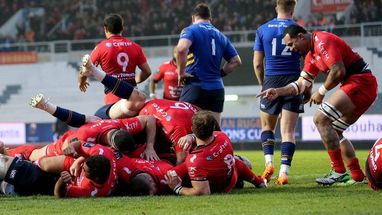
It’s probable that this will be the first season since 1998 that an Irish side will not appear in the knock-out stages of the elite European club competition. The situation was very different in the not-so-distant past when Munster and Leinster between them shared five titles in the six seasons between 2006 and 2012. It is important not to overstate the perceived decline of Irish club rugby based on one season (after all Munster and Leinster have appeared in the semi-finals in the last three seasons – sharing that with Toulon, Clermont and Saracens), there are persistent warnings that Irish clubs are no longer in a position to compete, and that this problem is likely to get worse before it gets better. There have been accusing fingers pointed at French Top 14 clubs (particularly Toulon) and English Premiership clubs for distorting the market for rugby playing talent with their large chequebooks – often funded by wealthy owners.
Toulon has now won the trophy for the last three years. Over that time their squads have boasted some the greatest names in world rugby – and this year even has former Munster and Ireland talisman Paul O’Connell. It is argued that Pro-12 clubs cannot hope to compete with the financial muscle of the French and English leagues. There are almost daily reports of threats of elite Irish players being lured to France and England to play their rugby. This is likely to be true but the claims that this prevents a level playing field ring a little hollow when the benefits that Irish clubs in particular have enjoyed during their recent successful years.
The success of the Irish clubs in Europe was an obvious motivating factor in the changes demanded by French and English clubs in the new qualification rules for the European Cup (formerly the Heineken Cup). In a previous post I noted that elite players at French clubs played more championship games for their clubs than their Irish counterparts.
“Taking a look at three clubs vying for honours domestically and in Europe from each league, there is a clear disparity in how they used a critical resource at flyhalf. Jonny Wilkinson appeared in 24 of Toulon's 28 Top 14 matches (86%) (including play-offs) and all 9 of their Heineken Cup matches on their way to lifting the trophy. Nick Evans played in 20 of Harlequin's 23 Aviva Premiership matches (87%) and 6 of their 7 Heineken Cup matches. Ronan O'Gara played in 50% of Munster's 22 Pro12 games but was available for 6 out of 8 (75%) of Heineken Cup games.”
The lack of qualifying pressure and the implicit financial subsidy involved in the central contracting of Irish players were distortions in the “level playing field” in European rugby in Irish clubs’ favour. The lack of concern at these distortions at the time from Irish rugby commentators and officials makes their current protests less credible.
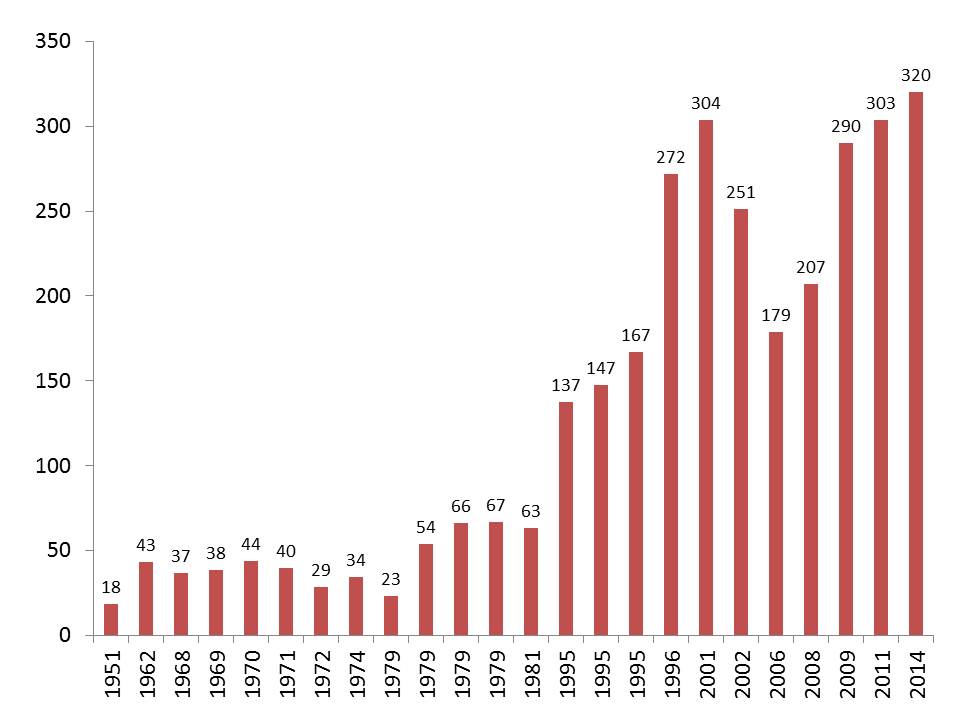
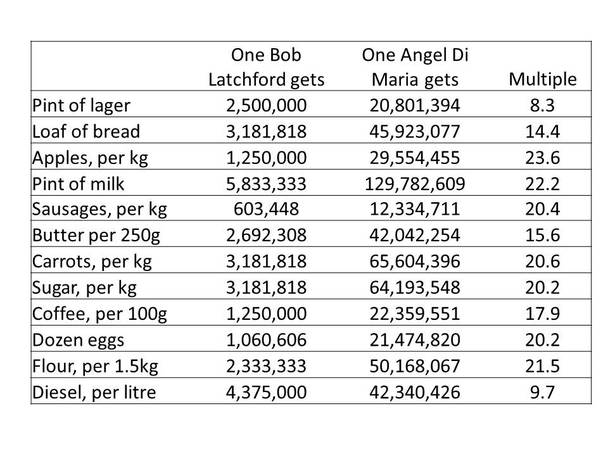
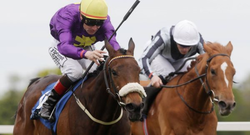
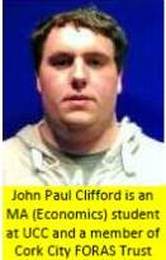
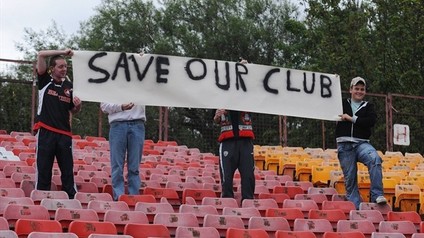
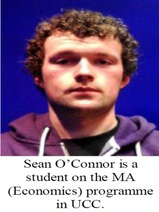
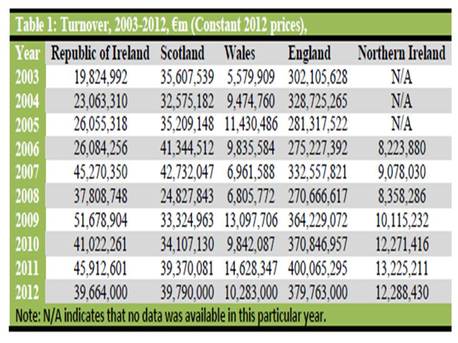
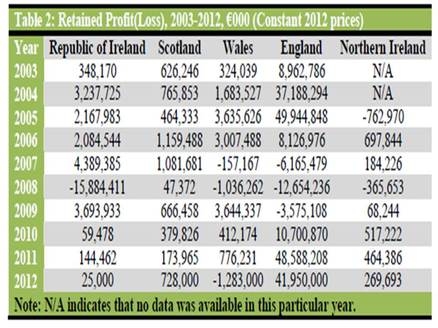
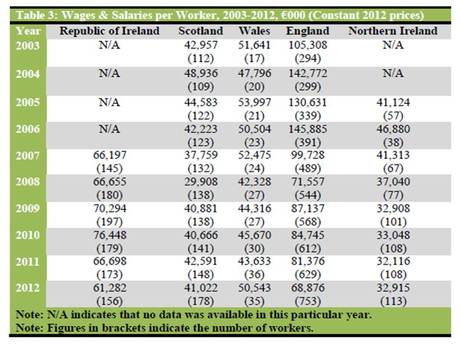
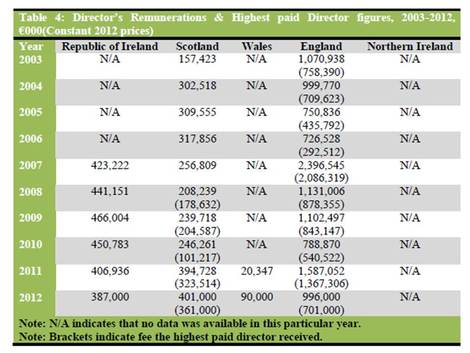
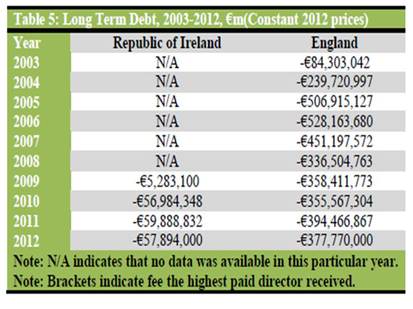
 RSS Feed
RSS Feed